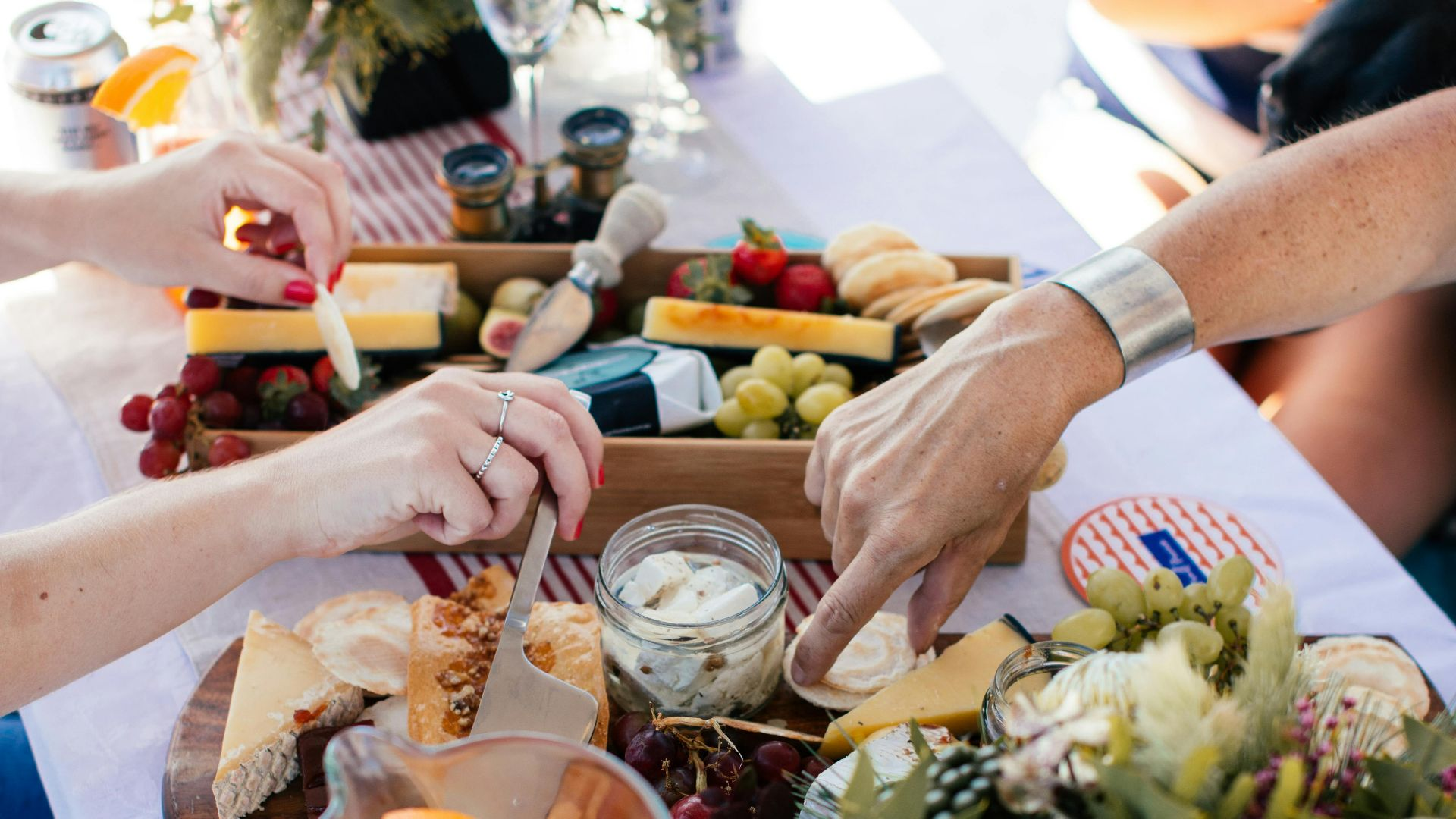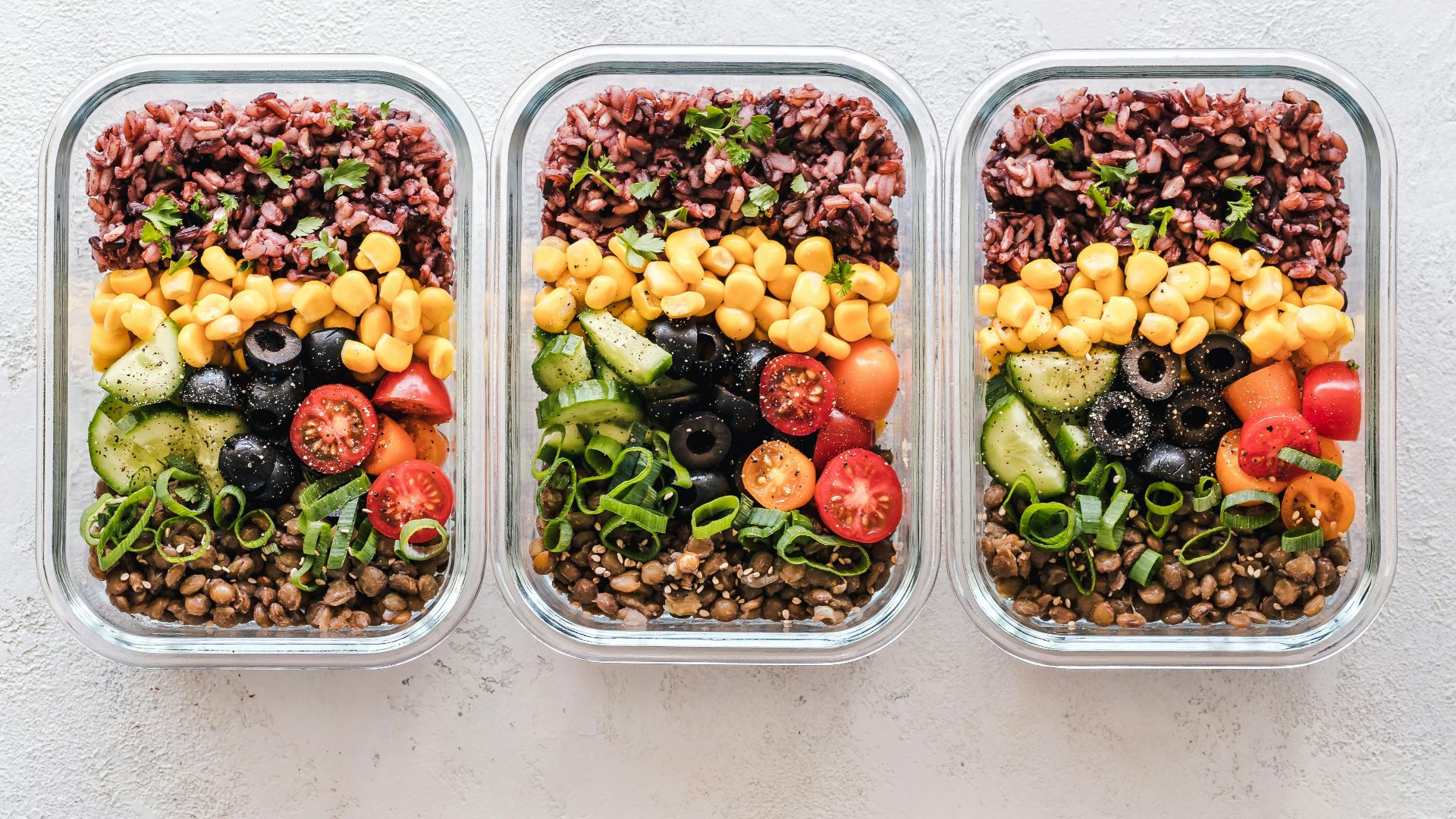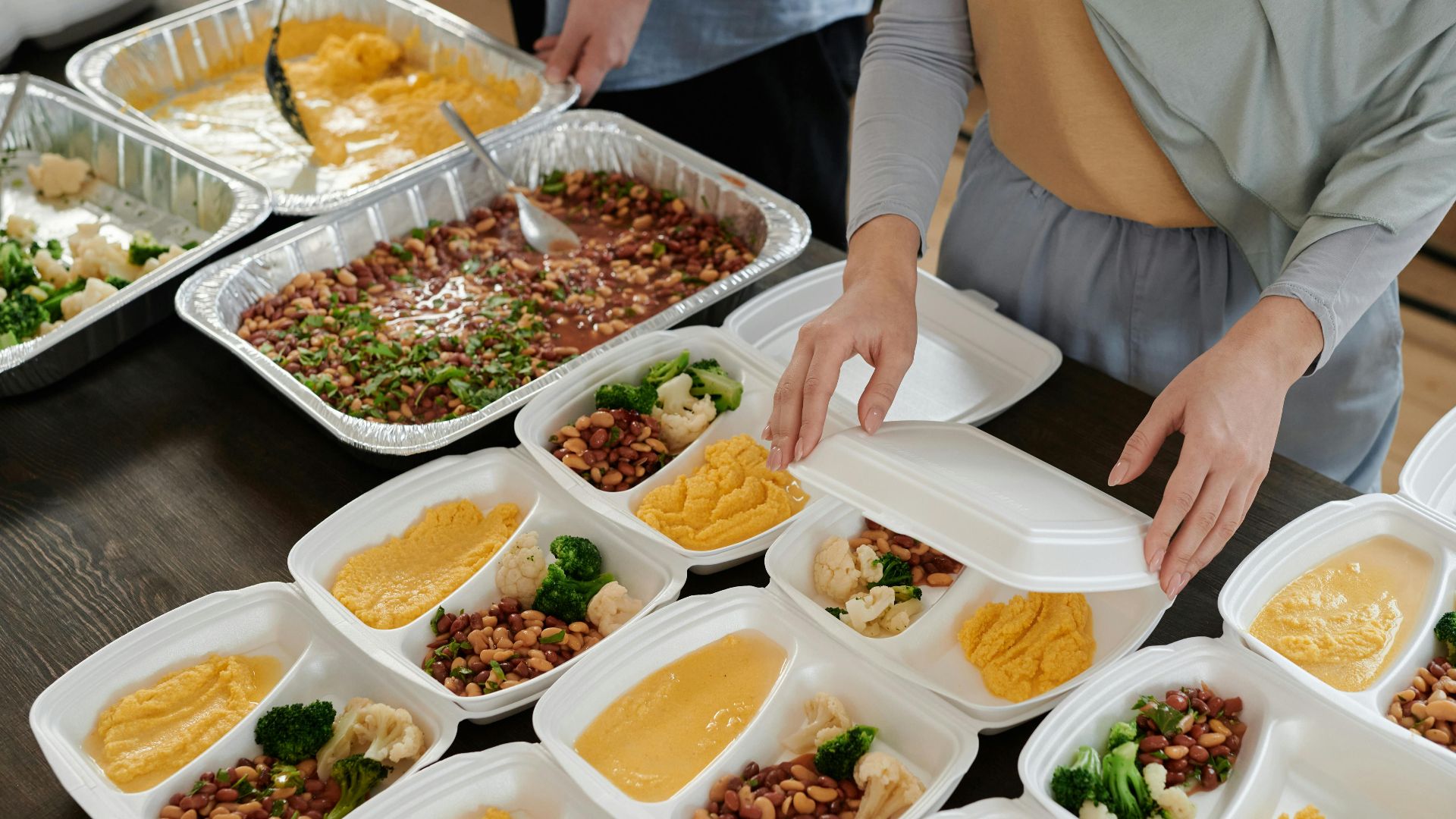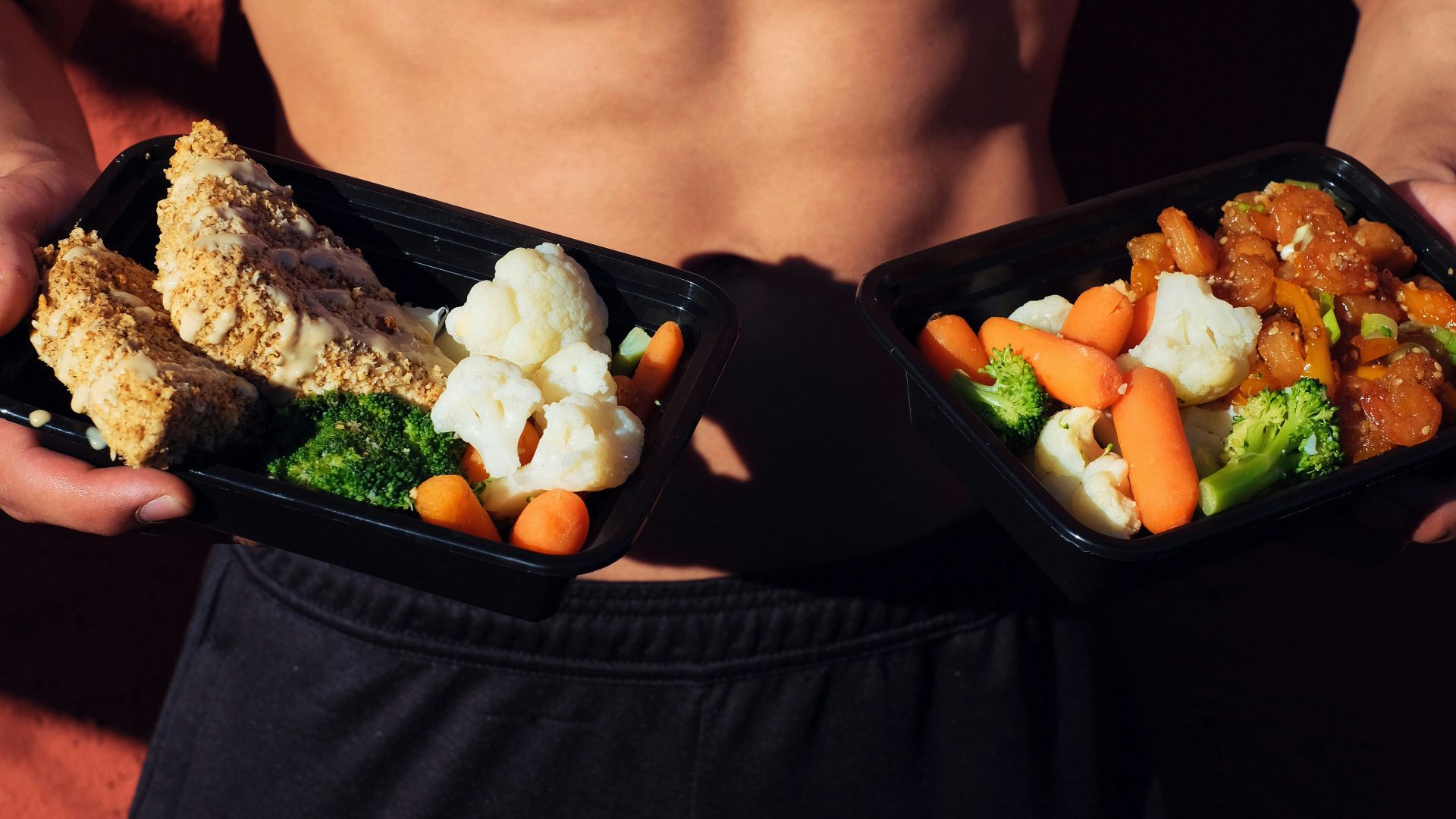If you’ve ever opened your fridge on a Wednesday night and found nothing but wilted lettuce and expired yogurt, you’ve probably thought, “I should really start meal prepping.” The idea sounds great in theory, but putting it into practice can feel like an impossible chore. The good news? It doesn’t have to be. With a few small shifts in mindset and strategy, meal prep can turn from a dreaded Sunday project into something that actually makes your week smoother and more satisfying.
So, if your current routine looks more like a weekly scramble than a well-oiled plan, let’s fix that.
Start Small And Stay Realistic
One of the biggest mistakes people make is trying to overhaul everything at once. You don’t need to prep breakfast, lunch, and dinner for seven days straight. Start with one meal category, say, lunches for work, and build from there.
It’s also important to be honest about your schedule and cooking preferences. If you hate reheated chicken or have a job that involves spontaneous dinners out, plan around that. You can't upend you eating habits overnight, but you can gradually work towards building a routine that works for you.
Plan With Purpose
Though the word “plan” can sound intimidating, meal planning doesn’t mean writing a strict menu worthy of a diet manual. Think of it as sketching a loose outline for your week. Jot down what you want to cook and match meals to your energy levels. For example, save simple dishes like tacos or stir-fry for midweek when your motivation dips.
Another trick: choose recipes that share ingredients. If you’ve got extra kale from a salad, use the leftovers in a soup or smoothie. Overlapping ingredients save money and cut down on waste. Plus, you’ll stop ending up with random half-used vegetables that turn into science experiments in your crisper drawer.
Keep It Interesting
Many people quit meal prepping because the food gets repetitive. Nobody wants to eat the same chicken and broccoli five days in a row. The trick is to mix it up without making things complicated. Rotate your seasoning blends and experiment with new cuisines. For instance, grilled chicken can go from Mediterranean to Mexican to Asian-inspired just by changing the marinade and sides. The same base ingredients can take on totally different personalities with a few swaps.
You can also build “theme nights” into your plan, like pasta night, grain bowl night, or breakfast-for-dinner. When meals feel exciting, you start looking forward to the food you’ve prepped, which is exactly the point.
The Payoff
At the end of the day, try to remeber what it's all for. It’s not about being the kind of person who perfectly stacks containers in the fridge, it's about incorporating a healthy routine that simplifies you life and is easier on your wallet.
It may be tough at first, but soon you'll wonder how you ever managed to go without it. Once you find that balance, meal prep stops being a chore and starts feeling like self-care. Your future self—the one who walks into the kitchen after a long day and finds dinner already halfway done—will thank you.
KEEP ON READING

Happy Hour: The 20 Best Foods For Social Snacking









